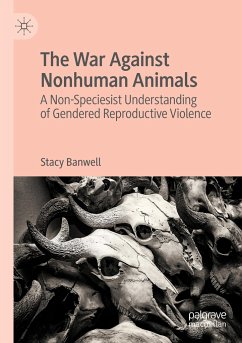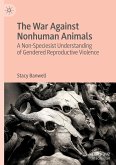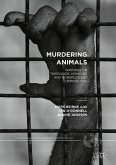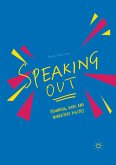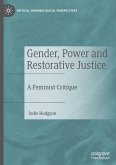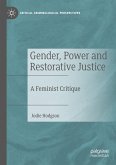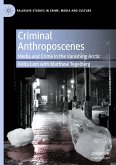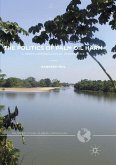We are currently engaged in an existential species war against nonhuman animals. This book argues that, during this war, nonhuman animals should be granted legal personhood and treated as 'protected persons' rather than the property of 'protected persons.' The main argument is that War Crimes and Crimes against Humanity - rape, forced pregnancy and other acts of sexual violence - are being committed within the meat, egg and dairy industries.
Avoiding 'dreaded comparisons', the book explores shared sources of oppression between human and nonhuman animals who are subject to the expressions and consequences of reproductive violence. It asks: what drives and facilitates the war against nonhuman animals? And what are the global consequences of this war? Throughout, it demonstrates how racism, sexism, and speciesism informs both intrahuman violence and the violence(s) of the animal-industrial complex. Ultimately the book asks us to reconsider what it means to be human.
Avoiding 'dreaded comparisons', the book explores shared sources of oppression between human and nonhuman animals who are subject to the expressions and consequences of reproductive violence. It asks: what drives and facilitates the war against nonhuman animals? And what are the global consequences of this war? Throughout, it demonstrates how racism, sexism, and speciesism informs both intrahuman violence and the violence(s) of the animal-industrial complex. Ultimately the book asks us to reconsider what it means to be human.
"Each chapter carefully draws parallels between violence against nonhuman animals and humans. The book is well written, astutely argued, and brimming with insights. It is without question an important addition to green criminology and to critical animal studies. ... Recommended. Advanced undergraduates through faculty" (P. Beirne, Choice, Vol. 61 (9), 2024)

